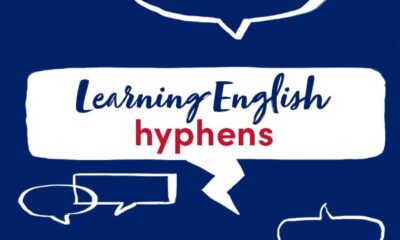When you want to describe how to move quickly, the word ‘run’ comes to mind. However, ‘run’ is used very frequently in English, and there are many other words that you can use instead to be more specific and make your writing more interesting.

If you want to talk about running slowly, try these words:
- jog My grandad still goes out jogging every day.
- trot Her brother trotted downstairs to answer the door.
There are a number of synonyms you can choose from to talk about running quickly:
- bolt As soon as I had finished speaking, he bolted out of the room.
- dart When the vet turned round, the cat darted for the door.
- dash Suddenly she dashed out into the garden.
- gallop They were galloping around the park playing football.
- hurry Claire hurried along the road.
- race They raced away out of sight.
- rush Someone inside the building rushed out.
- sprint On the last lap, Tyrone sprinted for the finish.
- tear Although my sister tore down the road, her friend had disappeared.
Other synonyms for ‘run’ are more descriptive about the style of running:
- career Out of control, the horse and cart careered down the hill.
- lollop The dog came lolloping up to meet me.
- lumber The great carthorse lumbered down the road pulling the wagon.
- scurry Rain sent the players scurrying for cover.
Look at the Thesaurus entry for run to find synonyms for other meanings of this word!
All opinions expressed on this blog are those of the individual writers, and do not necessarily reflect the opinions or policies of Collins, or its parent company, HarperCollins.



